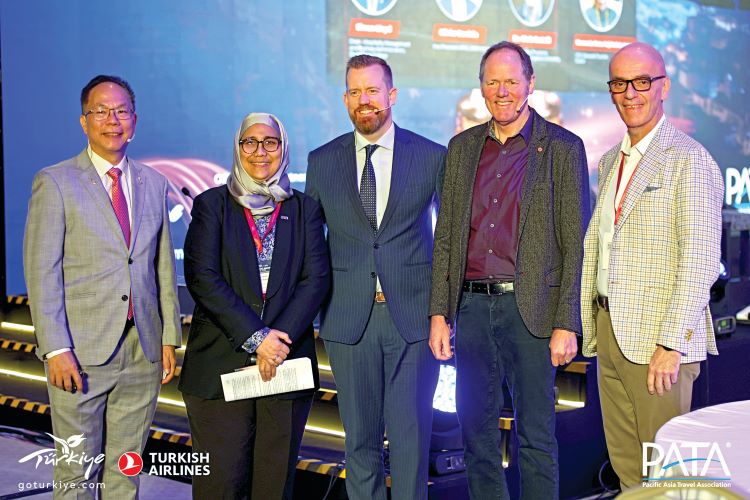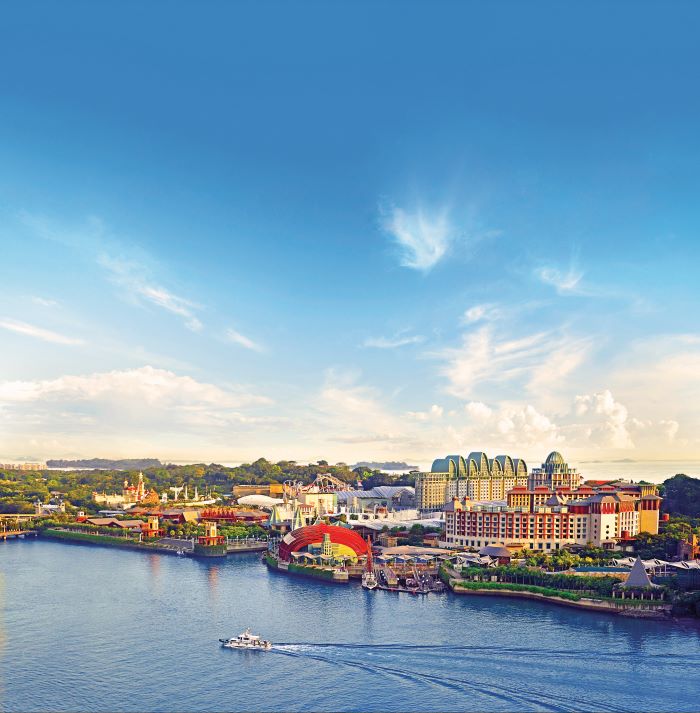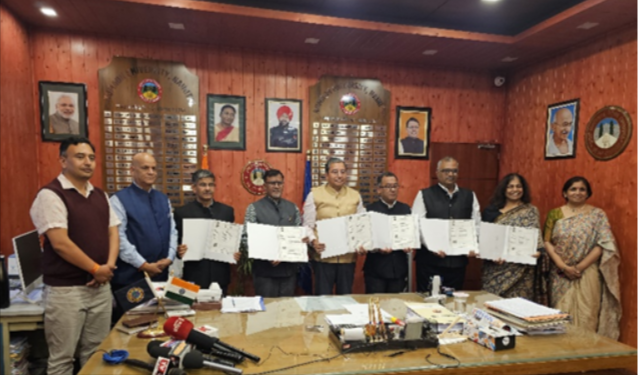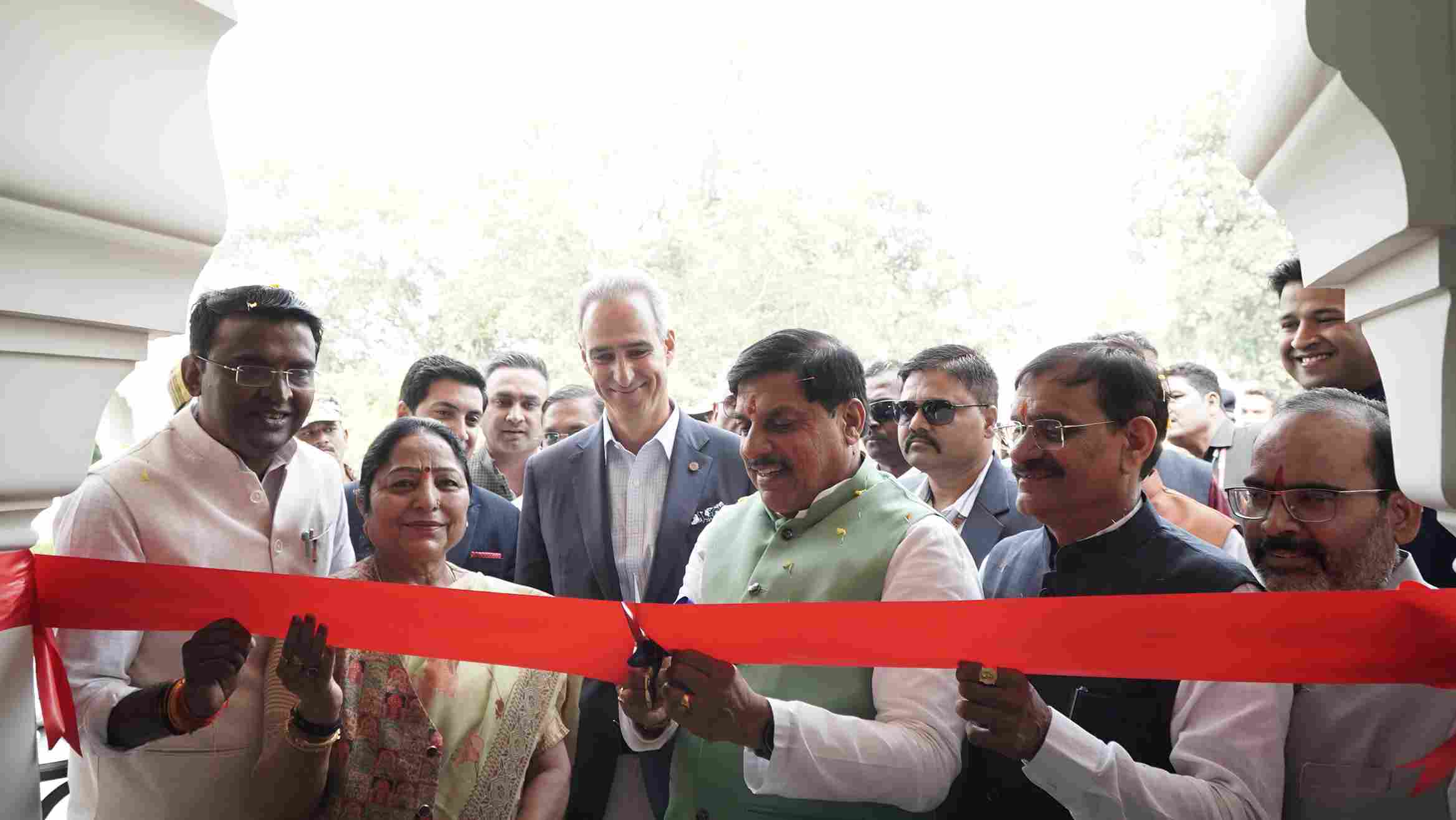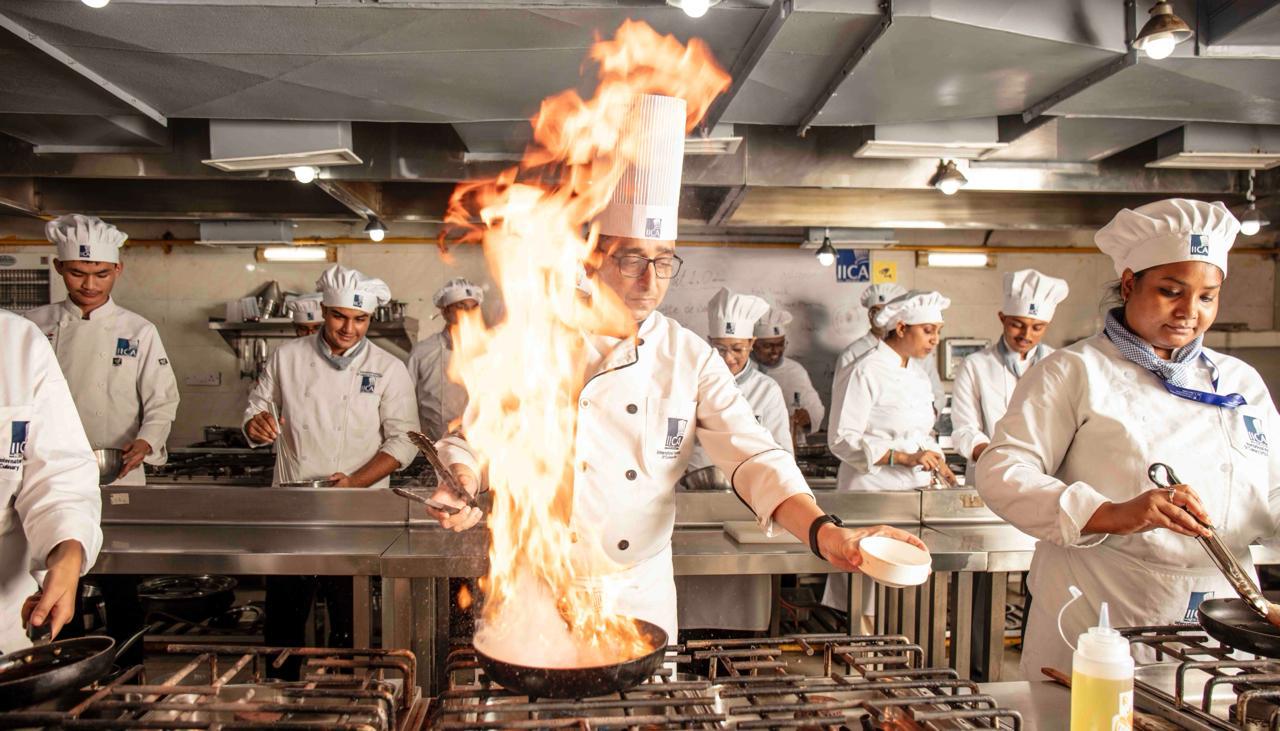Emphasising academic reform, experts at PATA urge to do away with outdated practices to steer industry evolving needs.
Devika Jeet
The hospitality industry in India is standing at the threshold of a major transformation. As new technologies reshape operations and post-pandemic values redefine employee expectations, the traditional playbook for talent development is no longer sufficient.
A recent high-level panel discussion at the PATA Annual Summit 2025, held in İstanbul, Türkiye, brought together leading educators, hotel executives and policy experts to explore a vital question, ‘What will it take to build a hospitality workforce that thrives in the face of disruption?’ The answers were not just critique but a blueprint for change.
Cracks in the current system
The global hospitality industry is experiencing a talent crisis, not due to a shortage of job but because of a lack of interest. As Chris Bottrill, Associate VP, Capilano University, pointed out, “Hospitality programmes across the world are witnessing a sharp drop in admissions because we have failed to evolve.” Graduates today seek careers with purpose, growth and stability. Besides, factors such as poor work-life balance, seasonal employment and stagnant salaries discourage students from pursuing careers in hospitality. It becomes clear why many are opting out.
Reform traditional practices
Simon Lloyd, Dean, Hospitality Management and Business Administration, Dusit Thani College, challenged the outdated notion of hospitality as merely a service-oriented sector. “We are not building an army of workers; we are developing a new generation of thinkers, creators and leaders,” he said. Entry-level hotel jobs still follow rigid hierarchies, such as front desk, housekeeping, F&B roles, while overlooking broader career pathways in guest experience design, brand storytelling, sustainability operations or digital concierge systems.
Redesign education system
One of the strongest themes that emerged during the discussion was the need for academic reform. Hospitality education often remains static with an overly focused on SOPs and legacy practices while global expectations shift rapidly. Bottrill emphasised the need for interdisciplinary learning. “Our students must understand climate risk, artificial intelligence, UX design and behavioural psychology and not just how to fold napkins or pour wine,” he said. This will create an opportunity for schools to build partnerships with the industry.
Retention over recruitment
As Olivier Berrivin, VP-APAC, BWH Hotels, put it, “We cannot afford to keep losing good people to burnout or boredom. Retention is more strategic than recruitment today.” The hotel sector, known for its massive workforce and high attrition rates, must start investing in culture, mentorship, wellness and internal mobility. BWH is already experimenting with short-term certifications, internal gig economy models and recogbition-driven pregression to keep employees engaged. “It is not about climbing the ladder anymore. It is about designing meaningful journeys,” said Berrivin.
Rebranding hospitality
The most pressing concern raised during the discussion was how hospitality is perceived particularly among Gen Z. Once considered aspirational, hotel jobs today often rank low on preference lists. That perception won’t shift unless the industry tells better stories—from telling stories of bellboys who became GMs, chefs who launched their own food ventures or front desk agents who now lead guest experience design at luxury chains.
Call to action
If the Indian hospitality industry is to meet the new needs and expectations of a rapidly changing world, it must start with its people. The workforce is not a cost centre, it is a value driver. And building the future workforce of the hospitality industry means focusing not just on skills but on aspirations, identity and purpose of the people.
“The global hospitality industry is experiencing a talent crisis, not due to a shortage of job but because of a lack of interest“


